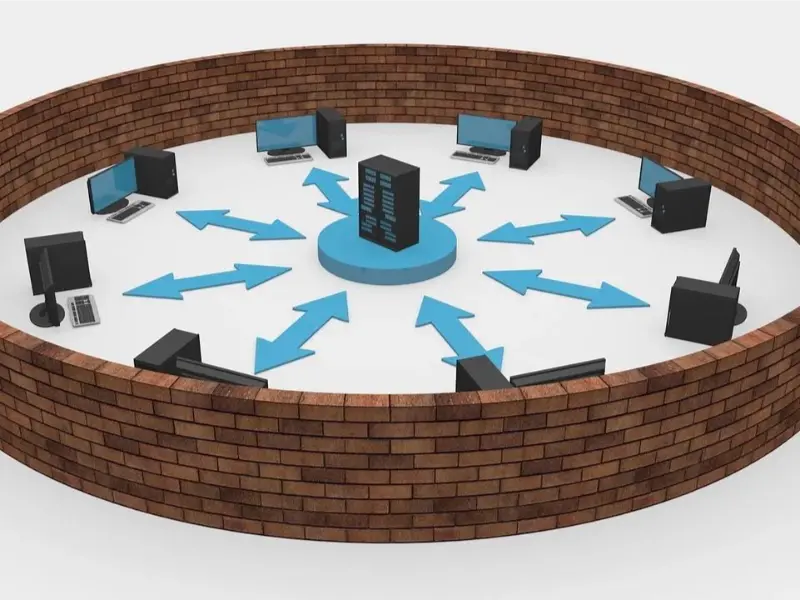- Proxy server firewalls act as a protective barrier, filtering incoming and outgoing traffic to shield users from potential threats and unauthorised access, empowering them to enhance their internet security for a safer online experience.
- Proxy servers provide anonymity by masking IP addresses and locations, making it challenging for malicious entities to track online movements, thereby enhancing overall security and privacy while browsing the web.
- Different types of proxy server firewalls, such as forward proxies, reverse proxies, and transparent proxies, cater to varying security needs and configurations, offering flexibility in choosing the most suitable option for users’ security requirements.
Proxy server firewalls serve as a critical defense mechanism in safeguarding online activities, and filtering traffic to protect users from potential threats and unauthorised access. Understanding the functionality of proxy server firewalls is key to enhancing internet security and ensuring a safer online experience.
Introduction to proxy server firewalls
By regulating the data entering and leaving the network, a firewall proxy offers security. Firewall proxy servers safeguard networks against malware and unauthorised access by filtering, caching, logging, and controlling requests from clients. In order to prevent internal networks from ever establishing a direct link with the outside world, proxy firewalls are equipped with their own IP addresses. It is sometimes referred to as an application firewall as it keeps an eye on data at the application level.
The role of proxy server firewalls in internet security
Proxy server firewalls act as a crucial line of defence in safeguarding online activities by creating a protective barrier between users’ devices and the internet. By filtering both incoming and outgoing traffic, these firewalls effectively shield users from potential threats and unauthorised access.
This proactive approach empowers users to enhance their internet security, ensuring a safer online experience. Understanding the function of proxy server firewalls is essential for users to grasp the importance of this security measure and take the necessary steps to protect their online presence.
Also read: Security, anonymity and stability: Why proxy servers are an increasingly popular internet tool
Enhancing privacy and security with proxy servers
Proxy servers play a vital role in enhancing privacy and security by serving as intermediary entities that facilitate internet connections. By forwarding requests on behalf of users, proxy servers provide a layer of anonymity by masking IP addresses and locations.
This anonymity makes it challenging for malicious entities to track online movements, thereby enhancing overall security and privacy while browsing the web. Additionally, the ability to access geo-restricted content without revealing one’s true location adds another layer of benefit to using proxy servers for enhanced online security.
Configuring and optimising proxy server firewalls
Configuring a proxy server firewall involves setting up security policies, defining access controls, and monitoring network traffic. Proper configuration is crucial for optimising the performance and security of the firewall. By establishing security policies and access controls, users can ensure that the firewall operates effectively in protecting online activities.
Regular monitoring of network traffic helps in identifying and addressing potential security threats promptly. Furthermore, conducting security audits on a regular basis is essential to evaluating the effectiveness of the proxy server firewall and making necessary adjustments for enhanced protection.
Also read: How to enhance cybersecurity after the Australian State Court database breach?
Maximising benefits and best practices
To maximise the benefits of proxy server firewalls, users should adhere to best practices such as regularly updating security policies, monitoring network activity, and conducting security audits. By staying proactive in these areas, users can strengthen their internet security posture, mitigate potential risks, and ensure a robust defense against cyber threats.
Educating users on the importance of proxy server firewalls and providing training on how to use them effectively can further enhance internet security awareness and practices. By following these best practices, users can optimise the functionality of proxy server firewalls and maintain a secure online environment.

